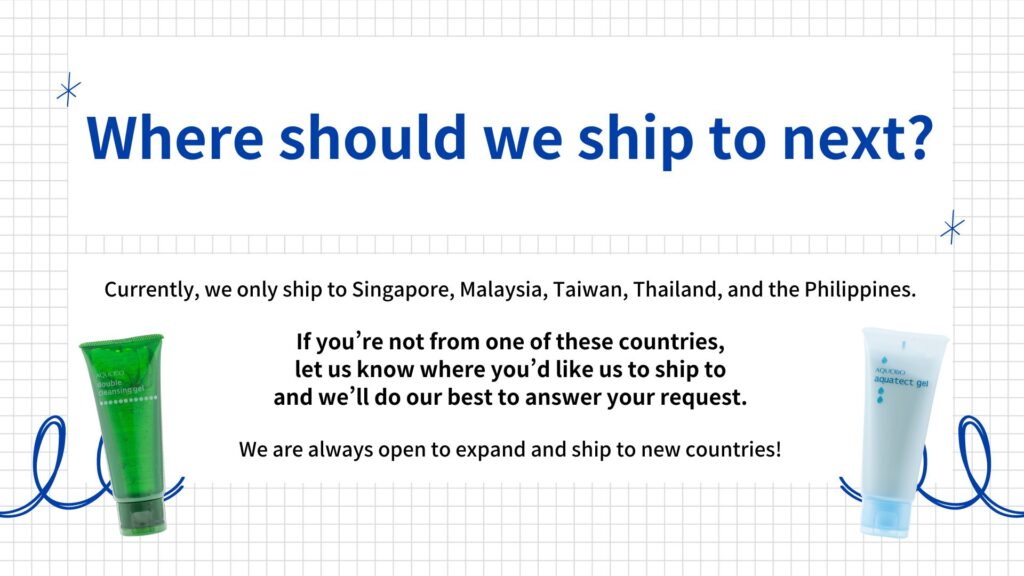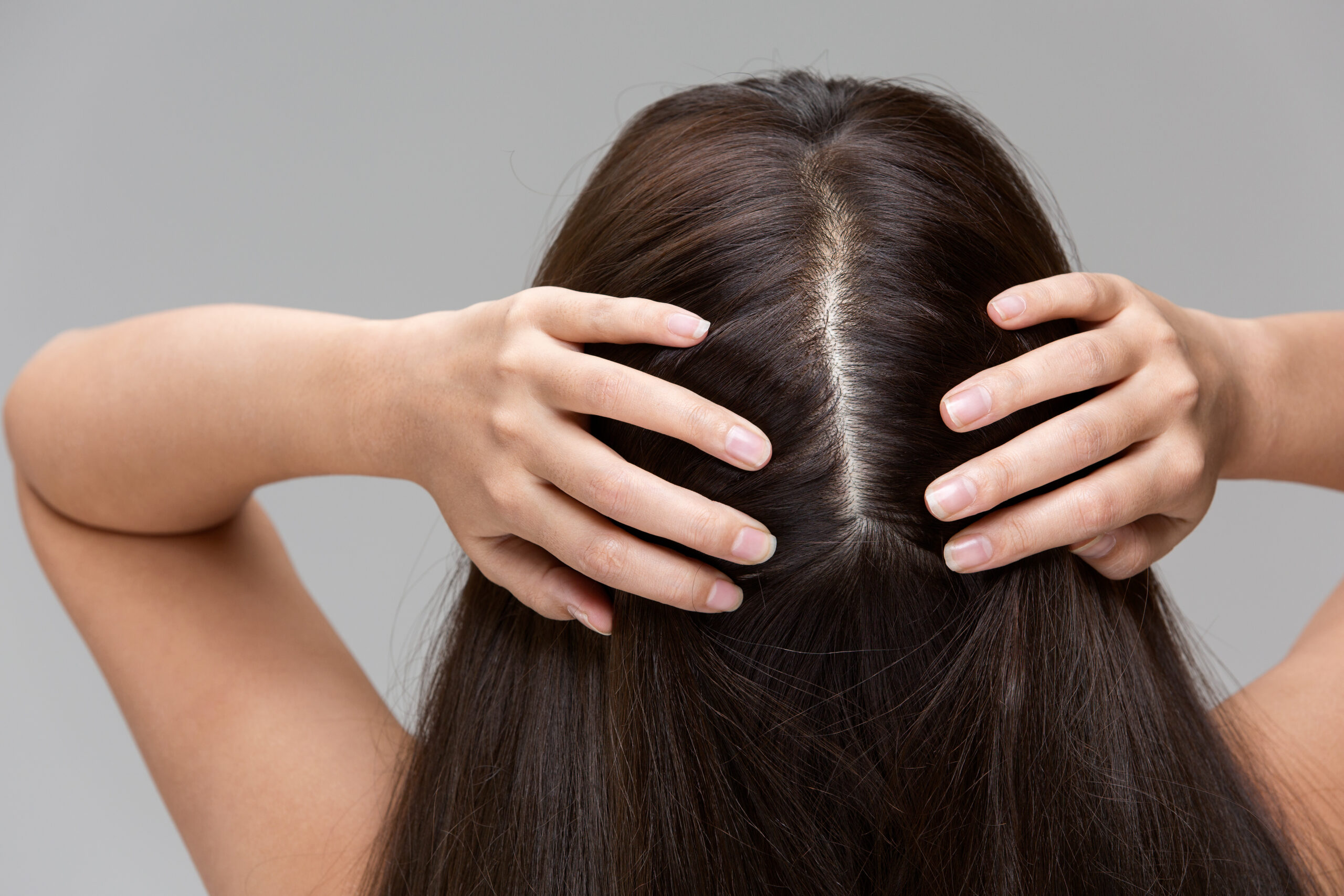If you’ve been keeping up with the latest beauty trends, you probably recognize the term ‘silicone-free.’ It has recently joined the beauty blacklist (alongside sulfates, parabens, and phthalates) for its questionable effects, particularly on our hair. Many brands now create ‘silicone-free’ alternatives that are supposedly more safe, clean and natural.
Despite its negative image, silicone may prove to be beneficial – especially for those of you with damaged and dry hair. Silicone is not a dangerous ingredient and is widely used in skincare and hair care products.
The origin behind silicone’s negative image lies within the hair salon industry.
Keep reading to find out more about why you shouldn’t avoid silicone in your products and why it actually might be necessary to take care of your damaged and dry hair.
What exactly is silicone?
Silicone is an inorganic synthetic polymer, meaning that it is made up of alternating silicone and oxygen atoms. Its low toxicity, high resistance to heat, and occlusive properties have pushed for its use in beauty products.
| Benefits of siliconeImproves texture: its silk-like texture gives you smooth hair, as well as reduces the appearance of fine lines and wrinkles on the skin.Prevents moisture loss: because silicone is hydrophobic (or ‘afraid of water’), it ‘waterproofs’ dry hair and skin by forming a barrier that seals moisture.Heals damaged or roughened cuticles: it provides a protective coating that softens and smoothes wounded cuticle surface areas. |
But are they safe? Yes!
If they weren’t safe, cosmetic implants (i.e. for breasts) wouldn’t be made out of silicone. Despite its bad reputation, silicone is often misunderstood. It is extremely safe and non-comedogenic. Unlike plastic and some natural oils, silicone is much more stable – it lasts longer, is intoxic, and doesn’t degrade easily under UV rays or heat. On top of that, it doesn’t assimilate into the skin so there’s no risk of silicone seeping into your blood or clogging pores.
So, why were silicone-free shampoos created?
The origin of silicone-free shampoo lies within hair stylists.
Let’s start with the basics of shampoo. Our hair accumulates a large amount of gunk daily from external exposure and most of this can be washed off with just water. This means that we really don’t need to be using shampoos when we wash our hair. But the one thing that can’t be washed off easily is electric gunk like static electricity. This is where shampoo comes in – it helps with taking off that stubborn electricity.
Originally, shampoos never contained silicone. It wasn’t until hair stylists demanded for it that silicone became a key ingredient in hair care. As mentioned above, silicone has great moisture-locking and smoothing properties. And while it doesn’t stick to skin, it does stick to hair. This is why silicone can effectively rejuvenate dry hair and close damaged cuticles to give you smooth hair.
These properties are extremely beneficial for hair stylists, whose job is to make people’s hair look nice. Hair stylists need shampoos that make their customers’ hair feel nice, especially after damaging it with hair dye, bleach, perms, and so on. It has great treatment qualities and gives the appearance of luscious, smooth hair.
However, people began to realize that their new hair color or perm was washing away quickly, and that silicone was the culprit. Because silicone closes hair cuticles, it makes it more difficult for hair dyes and perms to stick onto the hair. Although shampoos for dry hair need silicone to make it smooth, it simultaneously makes your hair more resistant to your salon desires. So, people widely began to think that silicone was bad and the idea of silicone-free shampoo was born.
But in reality, your hair looks messy because you don’t use silicone. Silicone-containing products are perfect for giving your dry hair some extra moisture, protection, and damage repair. It replenishes softness, smoothness, and shine to your hair.
In fact, most brands that sell silicone-free shampoos put silicone in their conditioners or treatments. These brands are cunningly navigating the fine line between making their hair care products satisfactory while adhering to the public’s large misconceptions about silicone.
Should I invest in silicone-free products?
It’s completely up to you. Whether you use silicone-containing or silicone-free products depends on what you want to get out of your beauty products.
One prominent criticism against silicone hair care is that it doesn’t actually fix the problem. It gives the appearance of hydrated and smooth hair, but it’s just that – an appearance. Silicone critics argue that the smoothness and silkiness silicone provides is a cosmetic effect rather than an actual transformation of your damaged hair.
That being said, there is no way to actually transform damaged hair. Unlike skin cells, hair cells don’t regenerate once they’re past scalp level. Once your hair is damaged, it’s gone – there’s no going back until you cut or grow out your hair. Dry hair and hair textures in general are also determined by our genetics, which is very difficult to ‘actually transform.’
Although silicone may not provide long-term benefits, they still act as a protective barrier for both your skin and hair. If you’re looking for shampoos for dry hair or products to improve skin texture, silicone-free products may actually be counterintuitive.





コメント